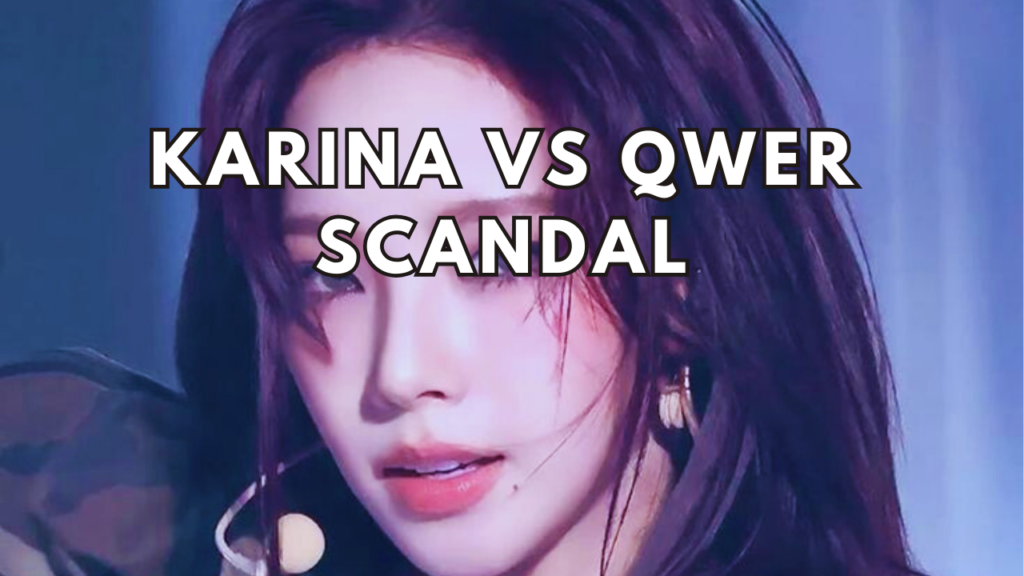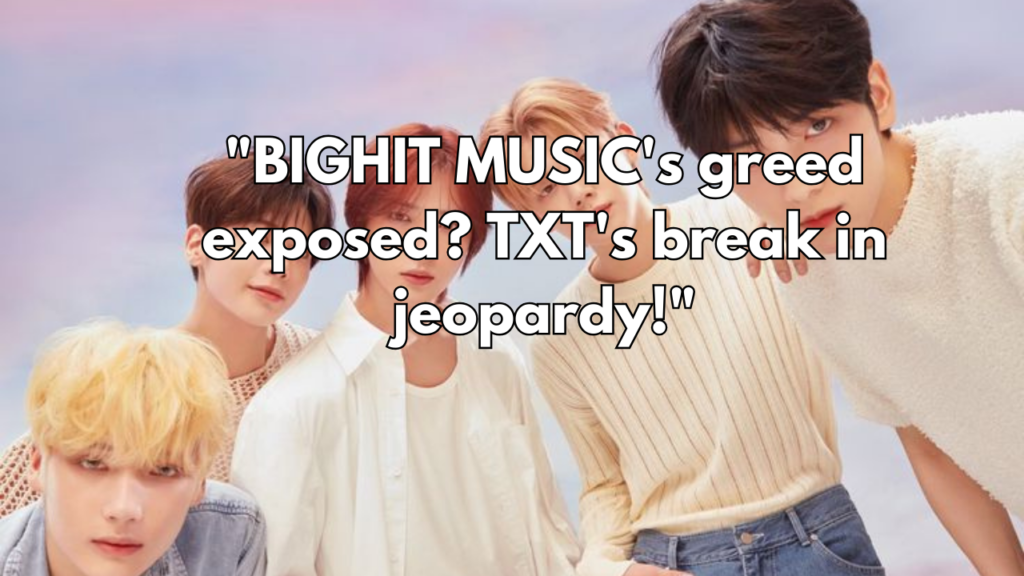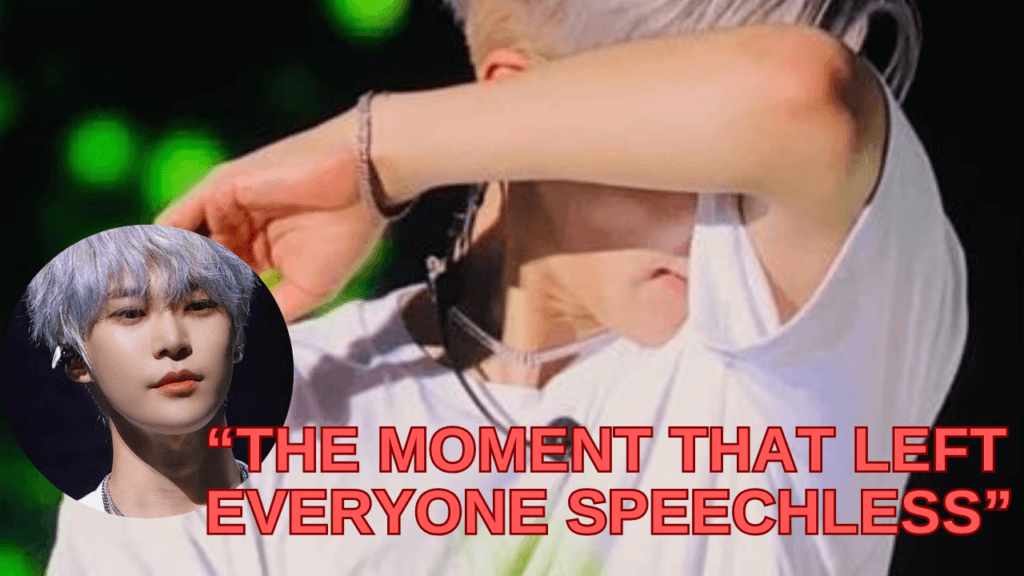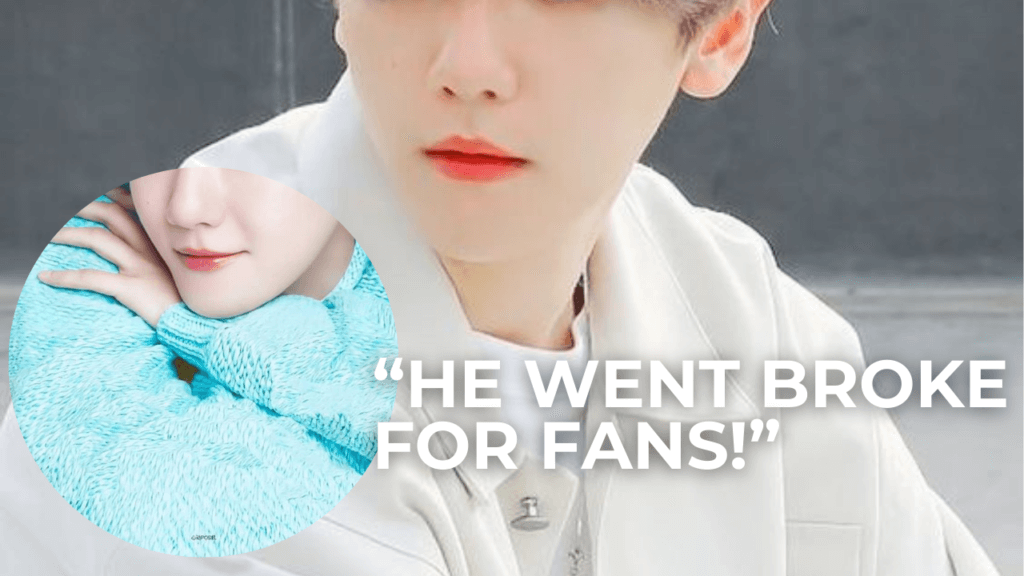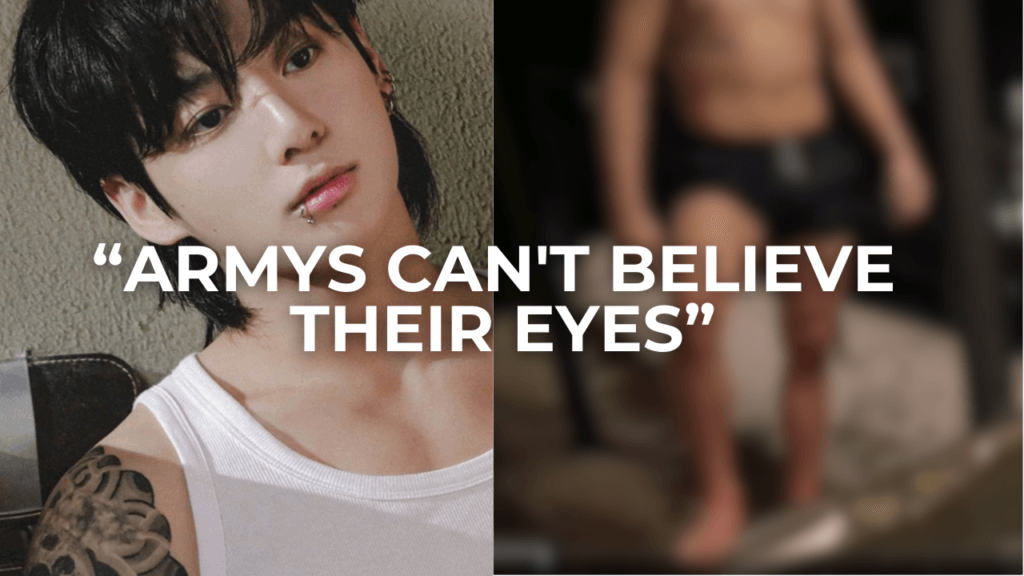The K-pop world is currently embroiled in a significant controversy that has captured the attention of fans worldwide. The QWER Karina marketing controversy, which emerged through a viral post on Nate Pann, has exposed what appears to be a calculated marketing strategy targeting one of K-pop’s most beloved idols. This incident has sparked intense debate and raised serious questions about ethical boundaries in K-pop marketing.

Controversial Marketing Strategy Exposed
The QWER Karina marketing controversy began when eagle-eyed netizens uncovered a pattern of strategic posts comparing QWER member Chodan with aespa’s Karina. These comparisons weren’t random occurrences but appeared systematically across various Korean media platforms and community sites. The marketing strategy followed a carefully orchestrated three-phase approach:
First, media outlets simply placed both idols in the same frame, creating initial associations. Then, they progressed to direct beauty comparisons between the two artists. Finally, headlines boldly claimed Chodan’s superiority over Karina in terms of visuals.
The viral post exposing these tactics has garnered over 120,000 views, revealing numerous headlines that appeared designed to create artificial competition. Industry experts have noted that such marketing approaches often aim to generate controversy for publicity, regardless of potential consequences for the artists involved.
History of Questionable Tactics
This isn’t QWER’s first brush with controversial marketing strategies. During their “Fake Idol” era, the group faced similar criticism for allegedly manufacturing conflicts to generate publicity. The recurring pattern has led industry observers to question whether such tactics have become a deliberate part of their marketing playbook.
Marketing experts within the K-pop industry have pointed out that while controversy can generate immediate attention, it often leads to long-term reputation damage. Several cases in K-pop history have shown how artificial conflicts can backfire, creating lasting negative associations for both the targeting and targeted artists.
Fan Community Response
The K-pop community’s reaction to the QWER Karina marketing controversy has been swift and overwhelmingly negative. Fans from both sides have expressed concern about the potential impact on both artists’ mental health and professional relationships. The situation has created unprecedented tension between fandoms, with many calling for more ethical marketing practices in the industry.
Social media platforms have been flooded with hashtags demanding accountability from QWER’s management company. Fan communities have organized various online campaigns to support both artists and protest against such marketing tactics. The controversy has sparked a broader discussion about the need for industry-wide guidelines regarding competitive marketing strategies.
Final Thoughts: Understanding the QWER Karina Marketing Controversy
The incident has become a watershed moment in K-pop marketing, prompting serious discussions about ethical boundaries in artist promotion. Industry experts suggest this controversy might lead to stricter self-regulation within the K-pop industry regarding marketing tactics.
What are your thoughts on this marketing approach? Do you think it crosses ethical boundaries in artist promotion? Share your perspective in the comments below.

